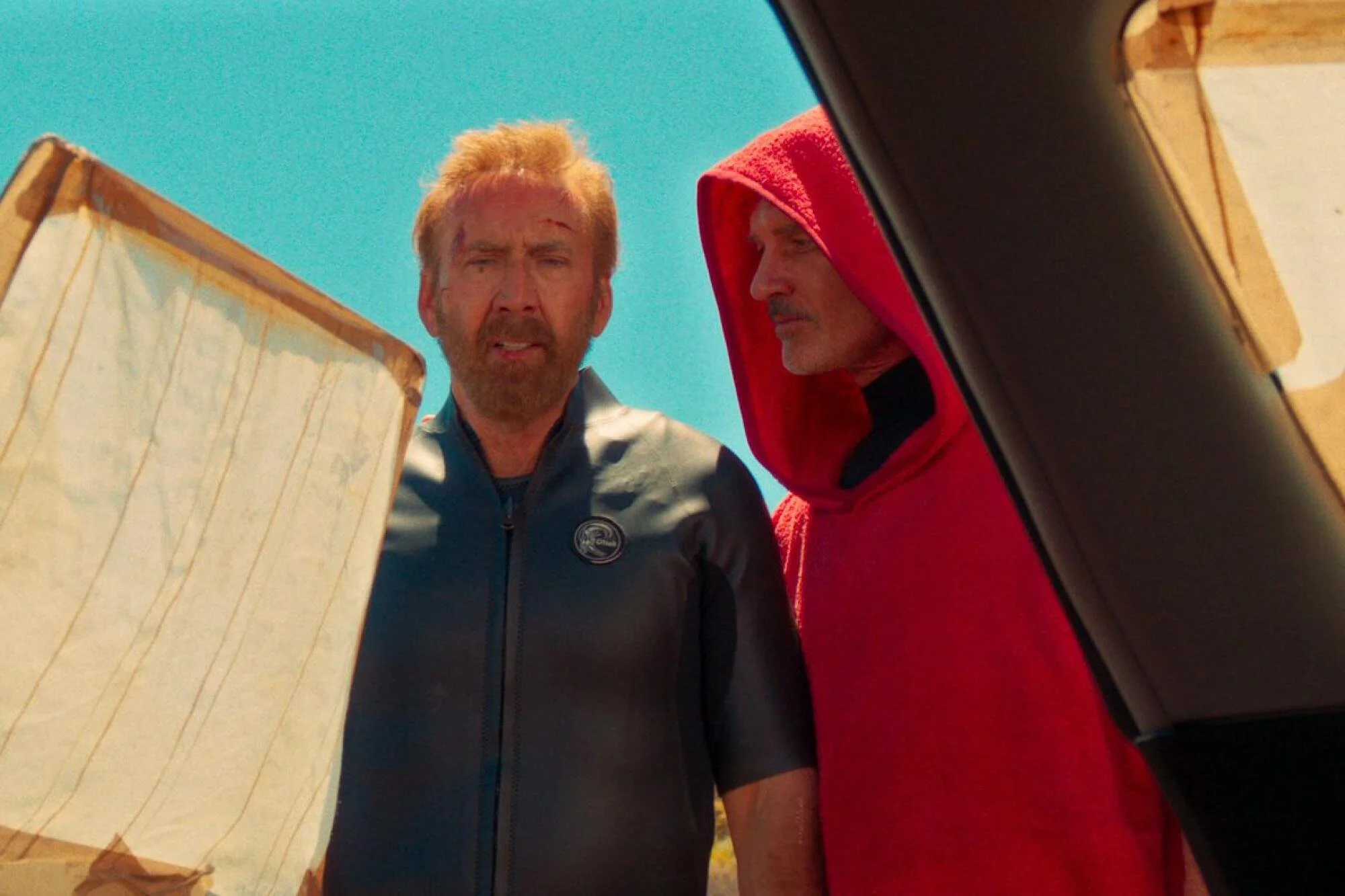FILM REVIEW: "The Monk and the Gun" is a stunning but fragmented glimpse of history and human nature
Director Pawo Choying Dorji erupted onto the international film scene in 2019 with the release of Lunana: A Yak in the Classroom. With The Monk and the Gun, he’s solidified his place as an important voice on the international scene. Many Western critics have responded to his most recent work by relating both theme and message back to a more familiar context of the American election for its pertinent themes of political unrest. While fair, the film’s value lies within itself – its ability to transport an audience into its own local context, as opposed to delivering lessons for a global cinematic hegemony with pretty packaging.
Though the packaging is pretty, Dorji’s film arguably targets something so universal and so fresh that the narrative centrality of an American comes across as slightly stilted and unfortunate. While perhaps a reflection of the Bhutanese relationship with the West in contemporary history, the focus on this sacrifices the more interesting half of the film: The rural incongruence with ideals of global democracy, as well as the struggle of Bhutanese activists in pursuit of their respective national identities feel more deserving of Dorji’s full attention. These dynamics are infinitely more compelling than the comedy of errors that forces itself to centre stage. Religious hierarchies, traditions, and a gorgeous landscape reveal the abundance of Bhutan spiritually, socially, and environmentally. The world of The Monk is a delight both visual and humanistic – the valleys pop with wild flowering colour, and non-actors lend the film a real naturality.
On the other hand, the brief appearance of an urban Bhutan, from which (Tandin Phubz’s awesome) Phurba hails, fails to ground the film. We are given no time to see the toughness of modernity in full swing or what pushes Phurba to embark on his quest for cash. The lack of grit means that Dorji’s setting comes across as weightlessly dreamlike. This was my other issue with The Monk. On the precipice of an important cultural shift and the beginning of a global Bhutanese history, I was expecting a feeling that more was at stake. These ideas are present but embodied by characters who are not granted enough screen time to develop them.
The cinematic monks may be excused for a pervasive spiritual certainty that everything is ultimately going to work out, but the script may not. Those members of the village swept into the mock election’s social orbit do not enough to make their reasoning connect. The primary social tension occurs as a product of gossip, and its effect on the locals is underserved, if not entirely shrugged off in service of a quick “get-a-load-of-this-guy” laugh. In the confrontation between the mother Tshomo (Deki Lhamo) and the government official Tshering (Pema Zangmo Sherpa), there was a glimpse of real anxiety, grief, and doubt. The performances here are phenomenal – their stress is felt; the distance of lifestyle despite an ultimate same-sidedness in values. Here, again, was a moment that could have been the emotional anchor for the film. Still, it’s superseded by the antics of the crazy American trying to get his hands on his crazy American symbol. All in all, the script feels unworried about the nation's future, and as an audience member, this makes it difficult to get invested.
Despite this, there is plenty to love, and The Monk and the Gun has a real heart. One worth seeing if you’re after some visually delightful, narratively relaxed escapism.
2.5 out of 5 stars
The Monk and the Gun is screening as part of the Lotterywest Perth Festival, which started on the 25th of November and will run until the 6th of April! Check out its full program here.






